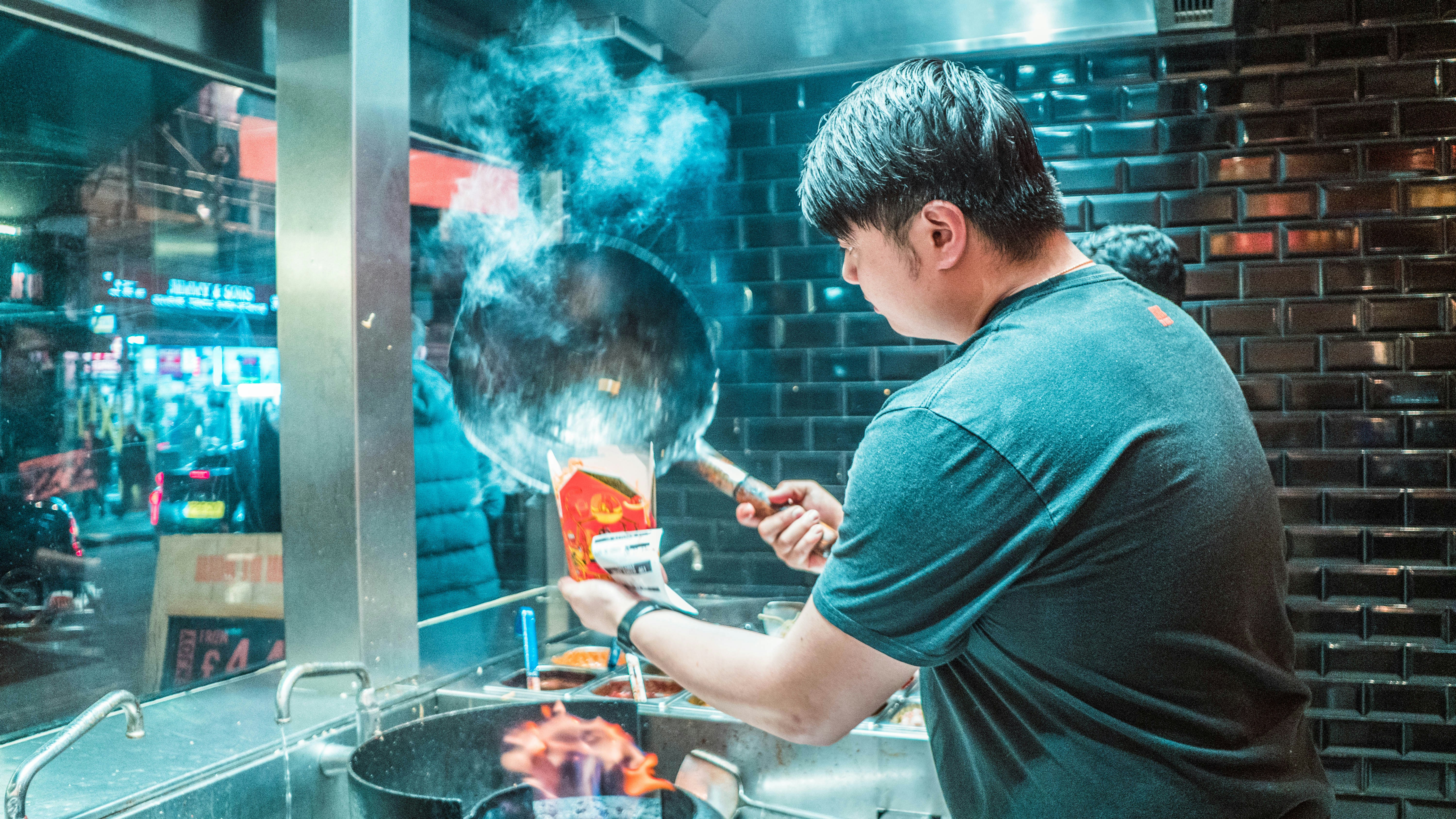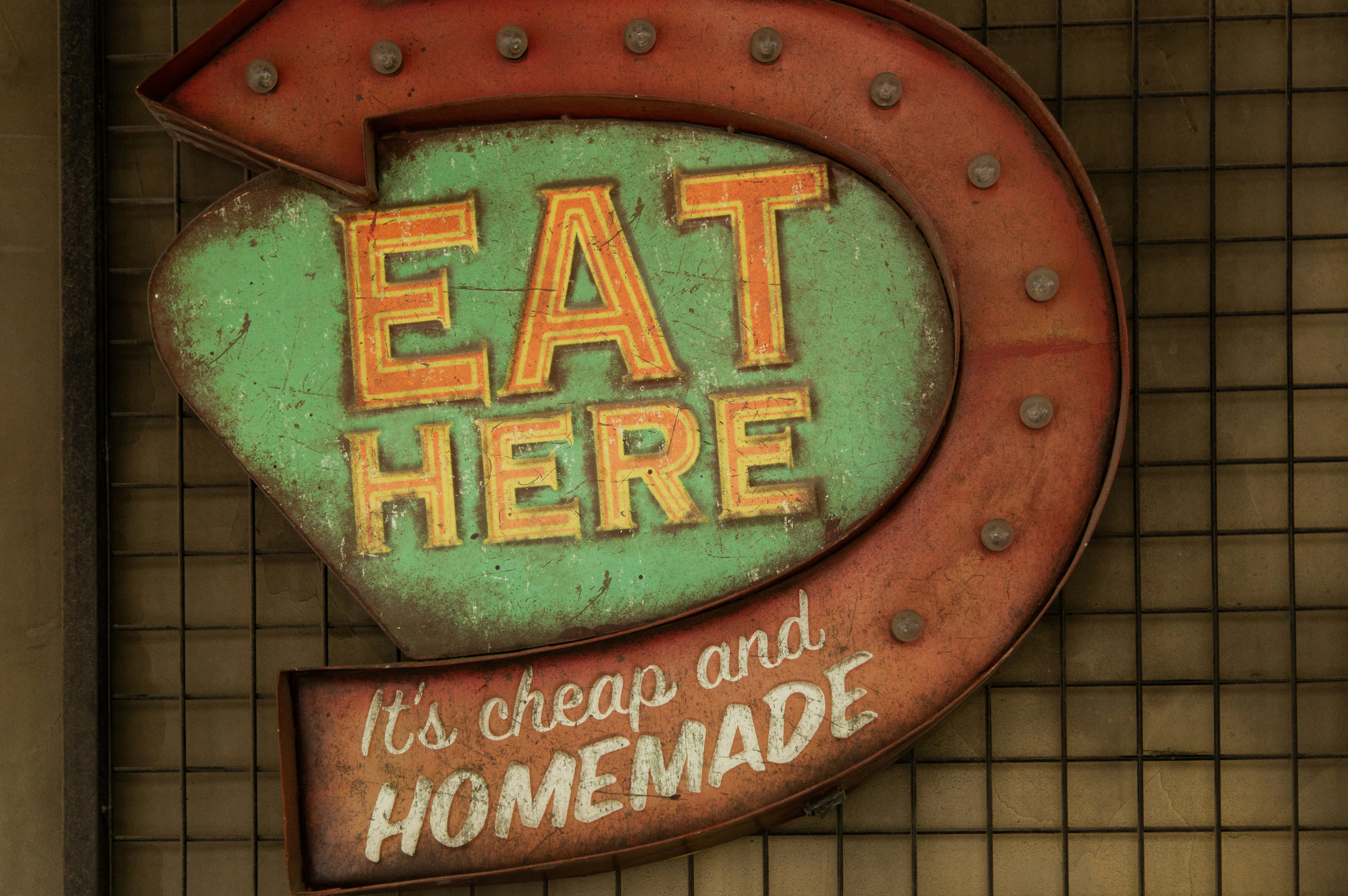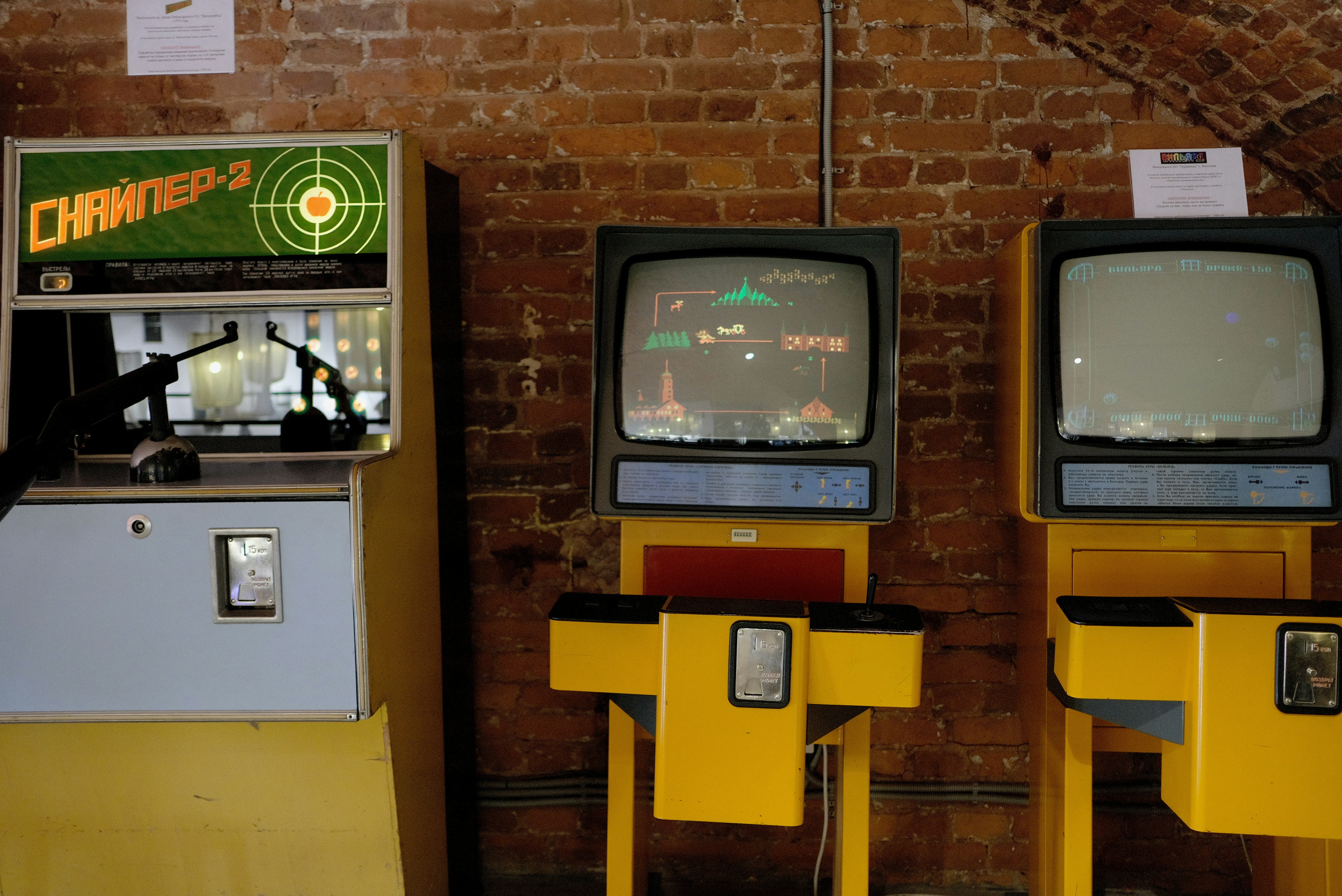Culinary Quests: How Gaming Cooking Mechanisms Mirror Real-World Trends
When you think of video games, culinary arts might not be the first thing that crosses your mind. However, as the gaming industry continues to evolve, it becomes increasingly evident that cooking mechanics integrated into games do more than just fill a virtual stomach—they mirror real-world gastronomy trends and behaviors. With everything from crafting gourmet meals to competing in culinary competitions, these game features reflect a deep connection between digital escapism and our cultural love for food.
In this article, we will explore how video game cooking mechanics capture the essence of culinary arts today, delving into the intersection of gastronomy and gameplay. We will also analyze existing games that have made cooking a key element, pulling in relevant examples and drawing comparisons to real-life cooking trends, dietary habits, and cultural movements. Furthermore, we'll highlight how these gaming experiences contribute to our understanding of culinary arts, offering players not just entertainment but also insight into a world that is both delicious and engaging.
The Rise of Cooking Mechanics in Gaming
Over the past decade, cooking mechanics in video games have become a fascinating subject of study, capturing the interest of chefs, gamers, and food enthusiasts alike. Games like Overcooked, Cooking Mama, and Final Fantasy XV have elevated culinary gameplay, allowing players to dive into a world where their virtual cooking skills can shine.
When you look closer, you can see that these mechanics echo real-world culinary trends. For example, in recent years, we've witnessed a surge in interest regarding plant-based diets, global cuisine, and even kitchen sustainability. Games that incorporate these elements allow players to explore and experiment with culinary arts at a level that lives beyond the screen.
A Recipe for Engagement: The Mechanics of Cooking in Games
At its core, cooking in video games presents a unique blend of strategy, time management, and creativity. Players often need to gather ingredients, follow specific recipes, and present dishes under pressure, reflecting the complexities of real-world cooking.
For instance, consider Overcooked, where teamwork and communication are vital. Players must work together to chop, cook, and serve dishes under various time constraints. This alludes to the modern culinary industry, where teamwork and efficiency are paramount. Additionally, The Legend of Zelda: Breath of the Wild allows players to forage for ingredients and create meals that enhance abilities—mirroring the increasing interest in functional foods.
This kind of interactive learning goes hand in hand with real life trends where people are looking for immersive experiences in both dining and cooking. In fact, a study from Pew Research highlights this intertwining of experiences, stating that over 78% of young adults want opportunities in interactive learning environments, particularly around trends in cooking and gastronomy.
Game-Based Cooking as Cultural Commentary
Interestingly, the inclusion of cooking mechanics often serves as cultural commentary. Games provide players with a space to explore and critique contemporary food culture. For example, in Final Fantasy XV, the protagonist, Noctis, cooks meals from a diverse range of cultures—emphasizing inclusivity in culinary expression.
Moreover, as we see watchers flock toward food competitions and cooking shows on streaming platforms, gaming mechanics implementing culinary challenges play a crucial role in shaping players' understanding of competition and creativity. Just as chefs on reality cooking shows must innovate, so do players in these gaming environments.
Health and Wellness in Gaming: Nutritional Aspects
Cooking games often delve into the health aspect of food, too. Video games can educate players on nutrition by incorporating elements such as calorie counting, portion control, and dietary restrictions. With the burgeoning interest in healthy living, gaming titles that highlight these elements help reinforce real-world healthy eating habits.
In a similar vein, The Sims series has long provided a microcosm of food and lifestyle choices, impacting how players perceive culinary consumption and health. Research illustrates a growing awareness of healthful living—playing into the hands of game designers who wish to create relevance and relatability within their titles.
Igniting Culinary Creativity: Recipes Beyond the Screen
It's not all about efficiency and competition; cooking games inspire culinary creativity. Titles that allow players to experiment with ingredients and create unique recipes cater to an innate urge to explore and invent. Much like chefs who innovate in their restaurants, players can express their culinary artistry through virtual means.
Just look at Minecraft's recipe crafting. Players combine various virtual ingredients to assemble dishes that heal or restore energy: a creative mechanism that parallels the exuberance seen in food blogs and social influences on platforms like Instagram or TikTok, where users experiment and share unique culinary combinations.
Sustainability and Ethical Consumption in Video Games
As global attention turns toward environmental sustainability, video games have begun to reflect these necessary shifts in thought. Many games are implementing sustainability themes into their cooking mechanics, showcasing the importance of local sourcing, organic ingredients, and reducing food waste.
For instance, Stardew Valley has a harvesting system that emphasizes regenerative agriculture, allowing players to grow their food sustainably. Topics like permaculture and local food movements find expression in these environments, pointing to a mindful approach that resonates with the growing vegan and eco-conscious trends making their mark in society today.
Gamification of Culinary Education
The growing trend of gamifying education also taps into culinary arts, showcasing how games can be utilized as tools to engage players in cooking and food safety. Titles like Cooking Simulator not only engage the player with a realistic setting but also provide opportunities to learn about food preparation and safety standards within culinary practice.
Educational institutions are increasingly recognizing the value of gamification in culinary education. Interactive platforms can provide students a way to learn effectively while keeping them engaged. By integrating features seen in popular cooking games, educators can enhance traditional culinary programs, making learning more dynamic and appealing.
The Interconnection of Food Culture and Gaming
Lastly, food culture is a deeply ingrained aspect of global societies reflected in gaming narratives. From food-centric levels in Animal Crossing to the necessitated social gathering for feasts in Genshin Impact, games often explore unique culinary customs, providing players with immersive experiences connected to real-world traditions.
The portrayal of foods that symbolize cultural significance can educate players about global cuisines, allowing them to delve into regional histories while having fun. The exploration of diverse culinary terrains in gaming shows how food is more than mere sustenance—it's a bridge connecting people worldwide through the shared act of eating.
Exploring Culinary Trends Through Game Mechanics
As we explore the multifaceted world of video games, it's evident that cooking mechanics do more than occupy downtime; they provide players with reflections of real-world food trends and lifestyle choices. By teaching players about sustainability, teamwork, health, and creativity, games like Overcooked, Stardew Valley, and Final Fantasy XV are more than just entertainment; they offer educational insights and cultural commentary that enhance our understanding of the culinary arts.
Through these interactive experiences, players are encouraged to think critically about culinary choices, replicate real-life trends, or even embark on gastronomic journeys they may never have considered before. Video games are turning our kitchens into quests, fostering culinary diversity while crafting a deeper appreciation for food culture and sustainability.
Final Thoughts: The Future of Culinary Gaming
As we look to the future, the evolution of cooking mechanics within video games showcases an extraordinary link between our digital interactions and real-world gastronomy trends. This intersection will only continue to grow, allowing players to engage with culinary arts dynamically and educationally.
For creators, the opportunities are immense. By harnessing trends in real-world gastronomy, game developers can design experiences that captivate audiences while conveying meaningful messages about culture, health, and sustainability. The culinary adventures of gaming are only just beginning; will you take up the spatula and join the quest?











